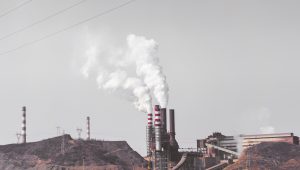Organic management and more complex crop rotations reduce energy use and greenhouse gas emissions
 Photo Credit: Juniper Photon
Photo Credit: Juniper Photon
A recent study in Agricultural Systems shows that on a per area basis, organic systems use less energy and emit fewer greenhouse gases than conventional systems when crop rotations are long and diversified. The study uses a Life Cycle Assessment (LCA) to account for on-farm energy use and greenhouse gas emissions across all stages involved in crop production. It compared short- to long-term crop rotations with various types of fertilizer inputs and two of the five cropping systems were under conventional management. Regardless of whether the systems were organically or conventionally managed, fertilizer type and use of diesel fuel used the most energy. In the conventional systems, the production of fertilizer used up to 45% of all energy, followed by the use of diesel fuel which made up another 25% of energy use. In contrast, the organically managed systems used the most energy for diesel fuel (up to 46%), followed by the production of poultry litter fertilizer (up to 26% across the three systems). Greenhouse gas emissions were lowest for the organic six-year rotation that incorporated perennials. The researchers suggest that, while organic management can reduce energy use and GHG emissions by reducing the production of synthetic fertilizers and herbicides, the incorporation of perennials into longer crop rotations may be the most effective way to mitigate climate change in large-scale agricultural production. This can be practiced by organic and conventional farmers alike.


